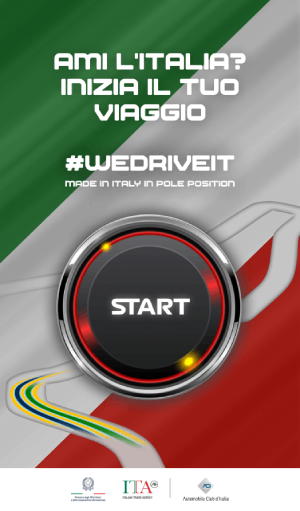Pier Carlo Padoan also reveals that the bank’s entire front line has been incentivised, thanks to the budget operation on ‘bad loans’. Orcel’s own track record and the Diamond case

by Robert Crowe
Pier Carlo Padoan, president of the Italian bank Unicredit, was forced to work overtime for once: On 11 March, he had to sit down at his computer and write a learned piece in Sole 24 Ore, the Italian financial newspaper, to justify the emoluments of his bank’s CEO, Andrea Orcel, who, as we know, had asked (or ordered, since the head of the institute’s remuneration committee, Anna Ghadia, had in the meantime resigned, officially for personal reasons) the board of directors to approve a 30 per cent increase in his already very high salary, raising it to 9.8 million a year.
Padoan in Il Sole started off wide: ‘financial success is the only way we can best fulfil our fundamental role as a driver of social progress. On the full satisfaction of shareholders and stakeholders depends, therefore, also the success of our people, so we must incentivise them to work even better so that the success continues in the long term. Just as we have to give them due credit, we also have to make sure that they feel the pressure of missing targets just as shareholders will. After the front line, it is now time to deal with top management. We have decided that 100 per cent of variable remuneration will be paid in deferred shares until 2030. This will ensure that the CEO is incentivised to create shareholder value through profitable and sustainable growth over the long term, in full respect of the company’s values and thus ensure full alignment with shareholder interests.”
It is a pity that the chairman of Unicredit omits two details: Orcel’s salary increase, on which even the European Central Bank has turned its nose up at, is operative immediately and, above all, Unicredit’s balance sheet results do not justify at all the rich increase in fixed and not even that of the variable (albeit procrastinated as collection to 2030) because they were obtained with a “discretionary balance sheet operation”, that is, by devaluing the so-called “sick loans” less than necessary in order to obtain higher margins, on the basis of which to then beat the cash to the Board of Directors. Anyone can read the bank’s balance sheet and realise this, even shareholders and current account holders. Padoan’s sortie in Sole24Ore only increases the ECB’s own suspicions about the operation. In addition, there is the aggravating factor of the increase granted to the entire top management. To justify the CEO’s remuneration, those of his top line were in fact also increased, evidently always on the basis of the same ‘discretionary operation’.
Not an easy exit for the chairman of Unicredit. Among other things, Padoan should at least remember that when it comes to the ability to have his salary increased, Orcel is happily recidivist to his own advantage: in fact, there are the precedents of Merrill Lynch, Ubs (where in seven years he accumulated 50 million stock options) and Santander, where he was compensated with 43 million for not being appointed. A path that goes in the wake of what was done by Bob Diamond, the head of Barclays Bank, who in 2011 was awarded 24 million between bonuses and salary (despite Alison Carnwath’s opposition, similar to that of Anna Ghadia for Orcel). In that case, the CEO of Barclays had to resign three months later.
(Associated Medias) – Tutti i diritti sono riservati








